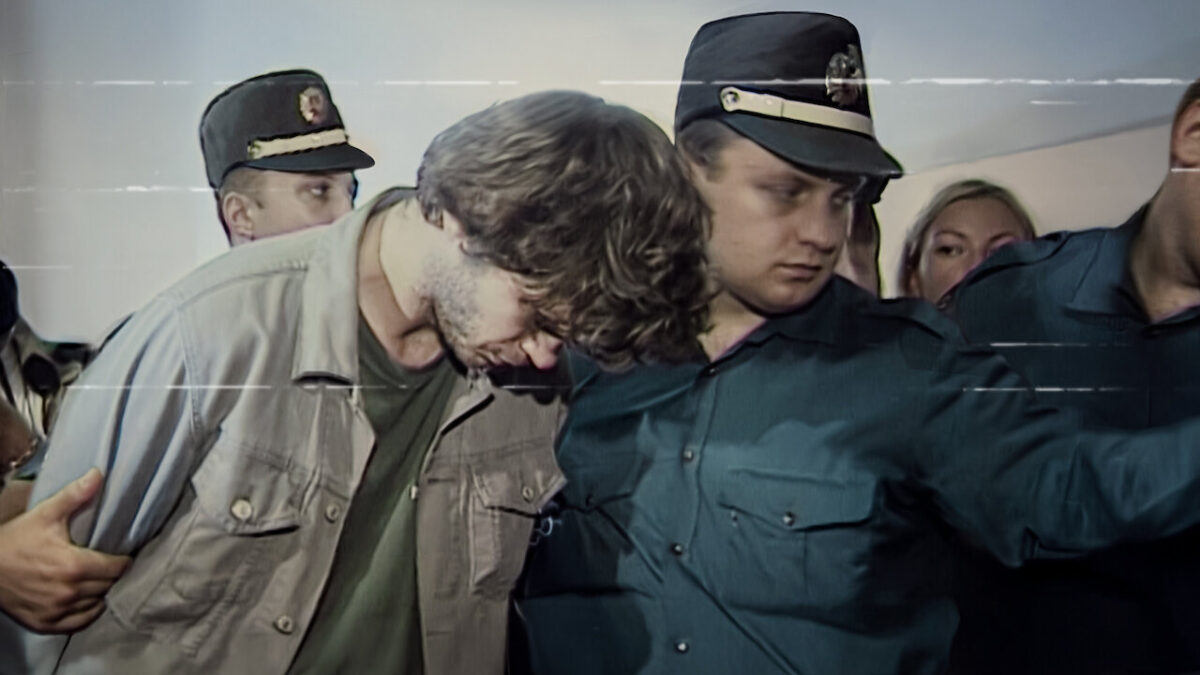Bertrand Cantat’s return to the public eye has never been easy. Once celebrated as a symbol of French rock, his image was forever tainted in 2003 when his partner, actress Marie Trintignant, died following a violent argument in a hotel room in Vilnius. Now, over twenty years later, Netflix brings the story back into the spotlight with its new docuseries From Rockstar to Killer: The Cantat Case, a production that reopens wounds and reignites debate in French society.
Originally titled De rockstar à tueur : Le cas Cantat in French, the three-part documentary dives deep into one of the most controversial and morally complex crimes of 21st-century Europe. It combines intense archival footage with journalistic testimonies and contributions from writers like Anne-Sophie Jahn and Michelle Fines, who offer layered insights into a case that remains deeply unsettling.
A Rock Star, an Actress, and a Nation in Shock
Bertrand Cantat wasn’t just the frontman of Noir Désir, one of France’s most influential alternative rock bands—he was a generational icon. His downfall was as dramatic as it was heartbreaking. Netflix doesn’t hold back: the series begins with the raw details of that fateful night in 2003, when the argument with Trintignant turned into a fatal act of violence.
As reported by FranceInfo, the series meticulously revisits the trial and the media storm that followed, highlighting how gender violence, still unevenly treated by the press at the time, began to enter public discourse. The docuseries goes beyond the basic facts, incorporating perspectives from those close to the couple and shedding light on the troubling 2010 suicide of Cantat’s wife, Krisztina Rády.
Uncomfortable Silences and the Weight of Fame
One of the most striking aspects of the documentary is Cantat’s absence—he does not give his version of the story. That silence, rather than weakening the narrative, adds a haunting layer: how do we interpret the actions of a man who refuses to speak? Can a public figure ever recover from such a crime? These unresolved questions sit at the emotional core of the story.
Netflix avoids sensationalism. As Le Monde notes, the tone is almost clinical. The series relies on court records and media archives to let viewers revisit the France of 2003, torn between calls for harsh justice and attempts to understand a fallen idol. There’s no attempt to paint Cantat as a victim or a monster—the story unfolds in stark, unforgiving realism.
A Crime That Still Divides France
From Rockstar to Killer: The Cantat Case is more than a retelling of a crime; it’s a reflection on collective memory. Cantat’s attempt to return to the music scene in 2013 reignited fierce public debate about redemption, media responsibility, and how society handles gender-based violence. The series doesn’t shy away from these issues, showcasing the public outrage and persistent mistrust that surrounds his name.
Unlike many true crime shows that lean into mystery or shock value, this docuseries offers no whodunnit and no dramatic twist. It presents a known face, a once-forgotten scandal, and a wound that never quite healed. Since its release, From Rockstar to Killer: The Cantat Case has sparked conversations across France, proving that the past still haunts, and questions of justice and forgiveness remain unresolved.
Can art—or a documentary—truly reopen a case with fairness, or does it simply stir pain best left in the past?


















